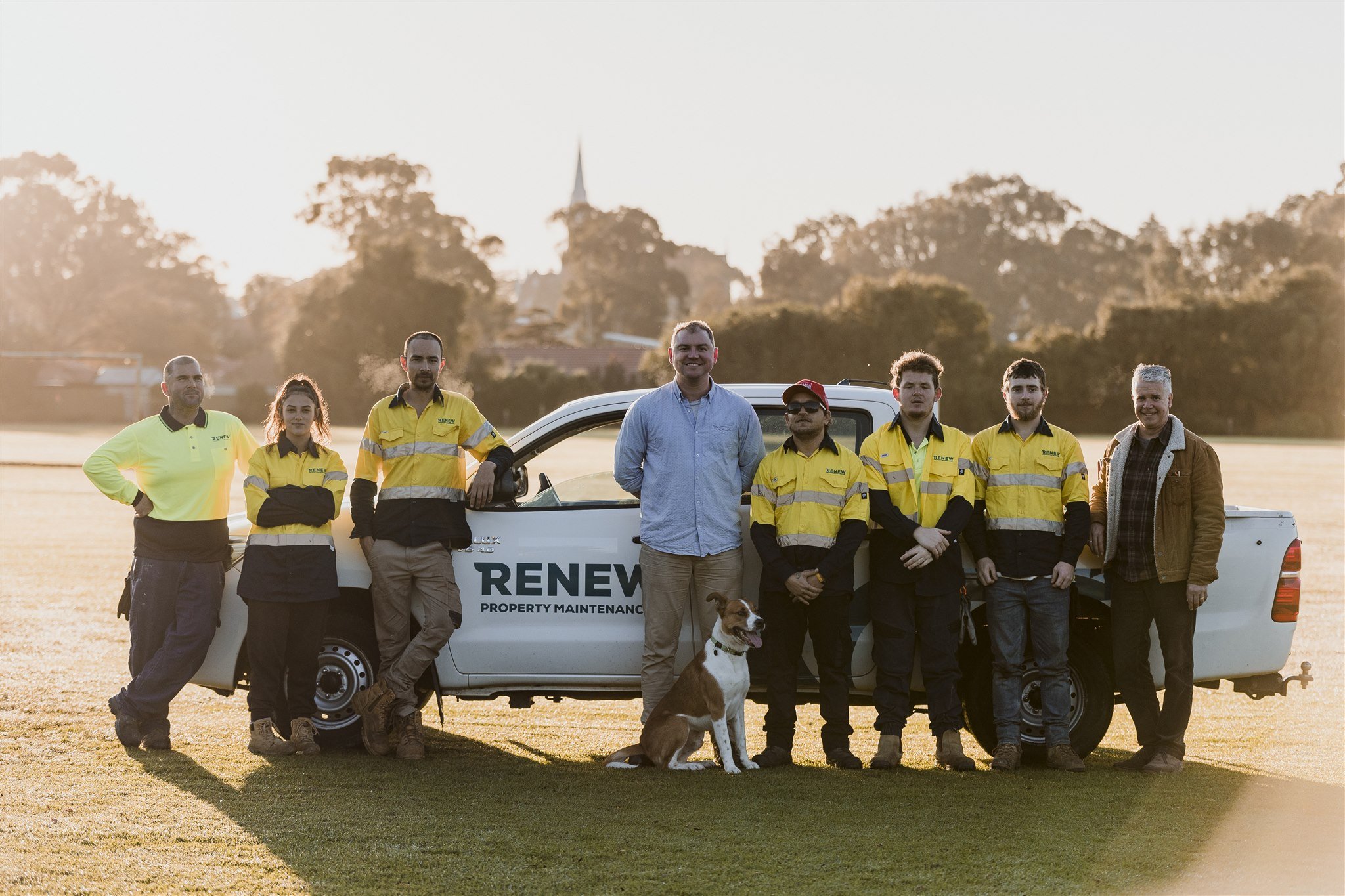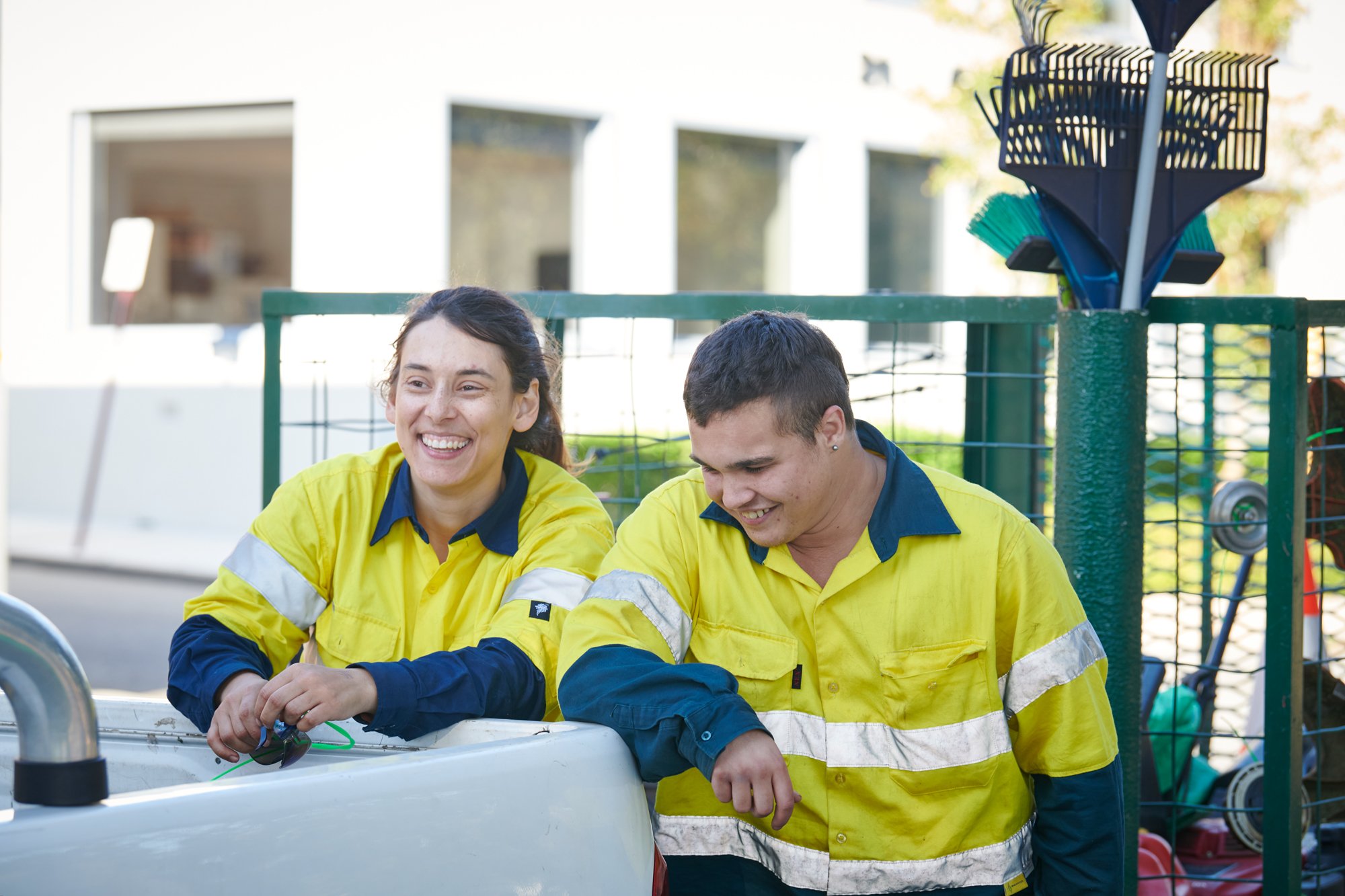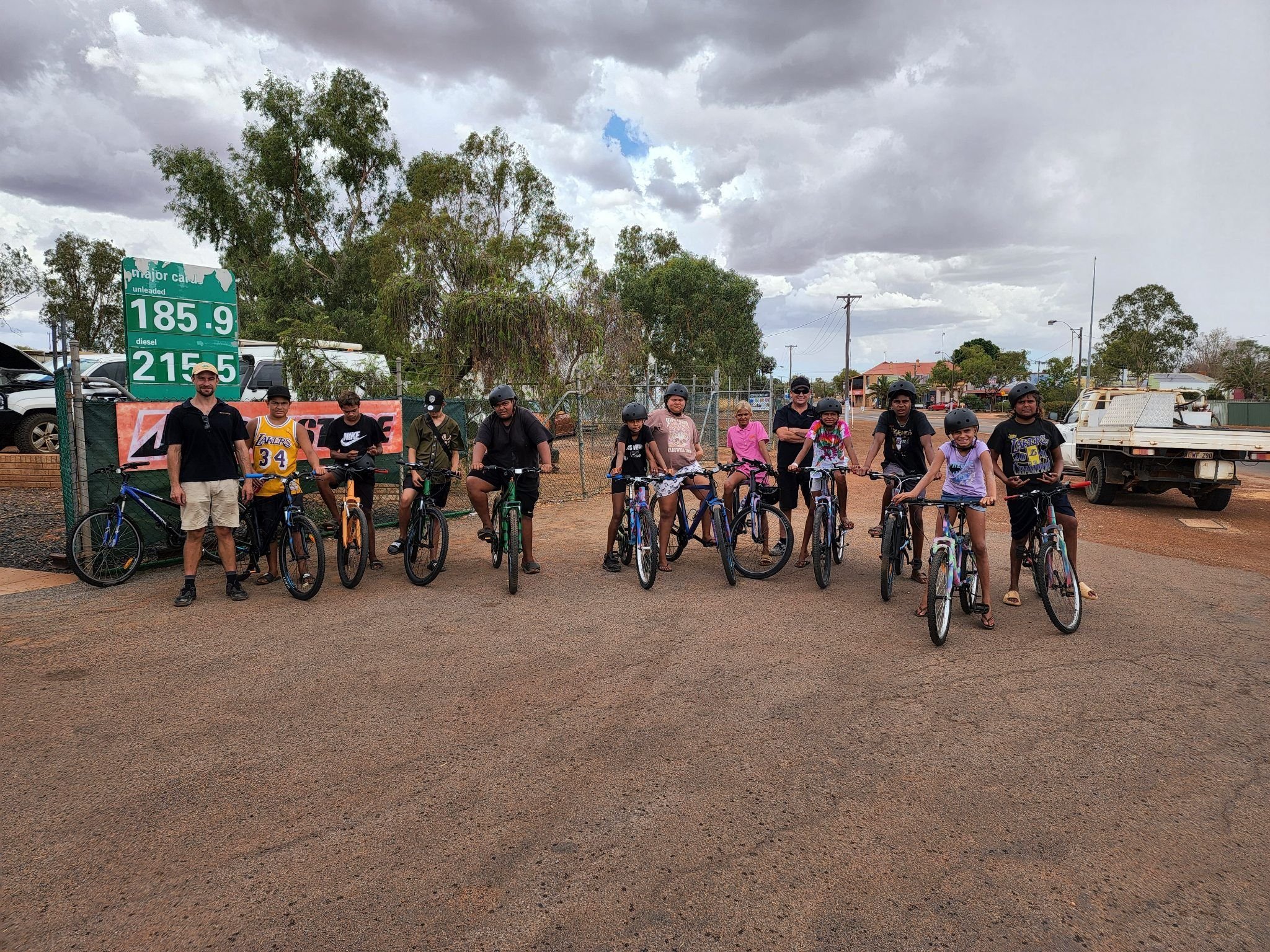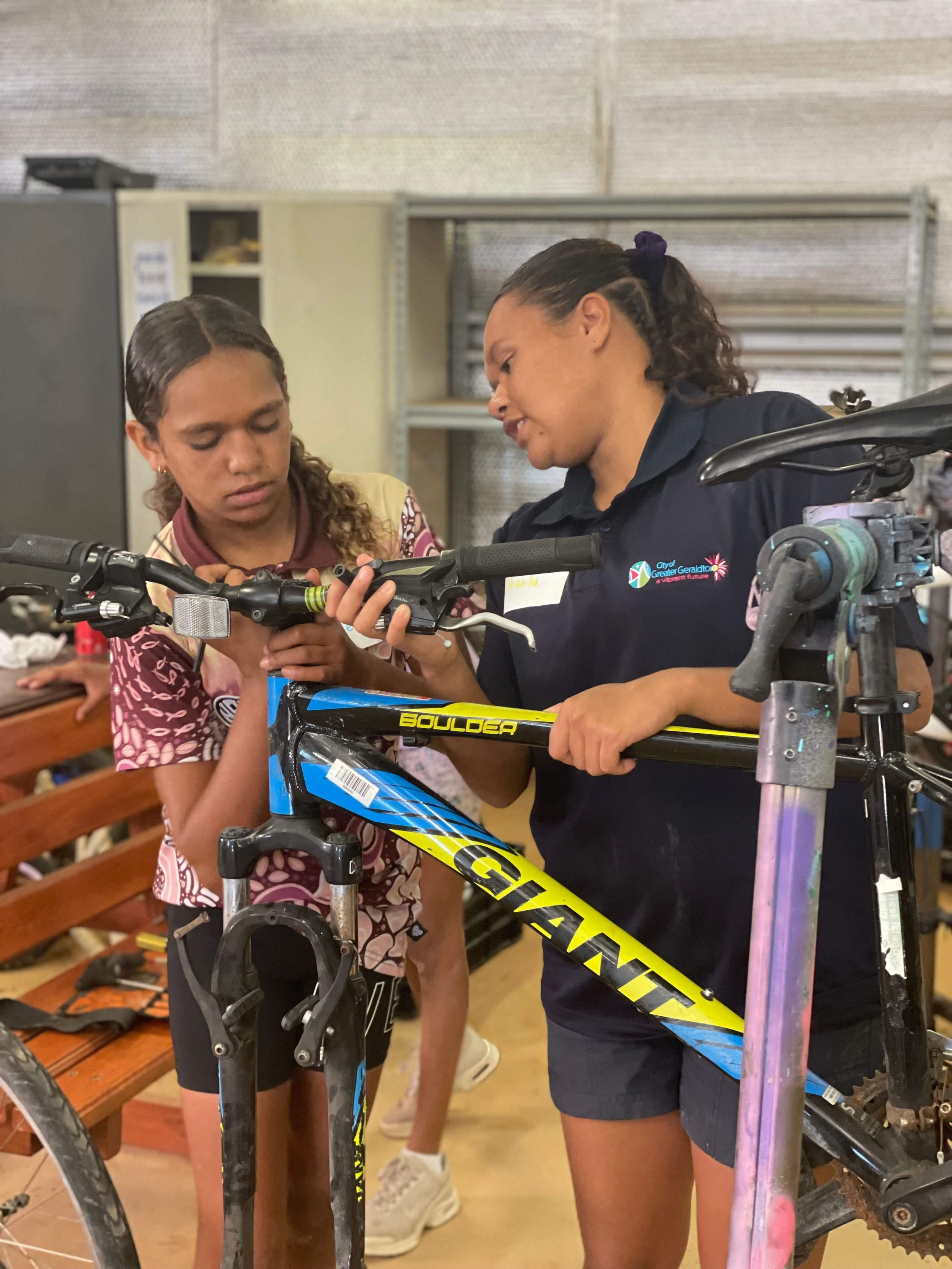In a huge step forward for Australia’s federal approach to employment services for vulnerable cohorts, White Box Enterprises, in close consultation with the Department of Social Services, has published their first round of results on the pioneering $3.8M, three-year study into social enterprise efficacy and outcomes.
The 15 social enterprises participating in the trial, ReNew being the only WA representative, will see up to 170 award-wage jobs created for people living with a disability. The social enterprises will receive outcomes-based payments when participating employees maintain employment after 6, 12 and 18 months, with additional payments if the candidate has successfully transitioned onto further employment.
We know, and were reminded at the Jobs Summit in 2022, that there are persistently high numbers of people with different abilities who are finding it difficult to access work. While in its early stages, this Trial is proving that jobs-focused social enterprises create tremendously positive work experiences and are part of the solution to helping close this gap.”
“The collaboration amongst social enterprises employing the participants has exceeded all expectations and we are on solid ground to achieve the ambitious targets set for the Trial.” Angharad Lubbock, White Box Enterprises.
The study is the first of its kind to investigate the effectiveness of jobs-focused social enterprises delivering long-term outcomes for people living with disabilities.
We are so proud to be a stakeholder in this innovative scheme, laying the groundwork for a new way for employment services to be delivered in Australia. Work Integrated Social Enterprises (WISE) are highly effective at supporting people who have multiple and complex barriers in to the workforce, and can achieve outstanding outcomes at a lower cost than those services who rely solely on government funding to operate.
As the only organisastion from WA taking part in the scheme we're also proud to pioneer this in our state and represent the emerging social enterprise sector at a national level.
We thank White Box and the Department of Social Services for their leadership in making this happen and recruiting a star line up of other organisations across the country who are all working together, collaborating and sharing insights which is building a stronger sector and ultimately positive impact for the people we support. - Pat Ryan, CEO








